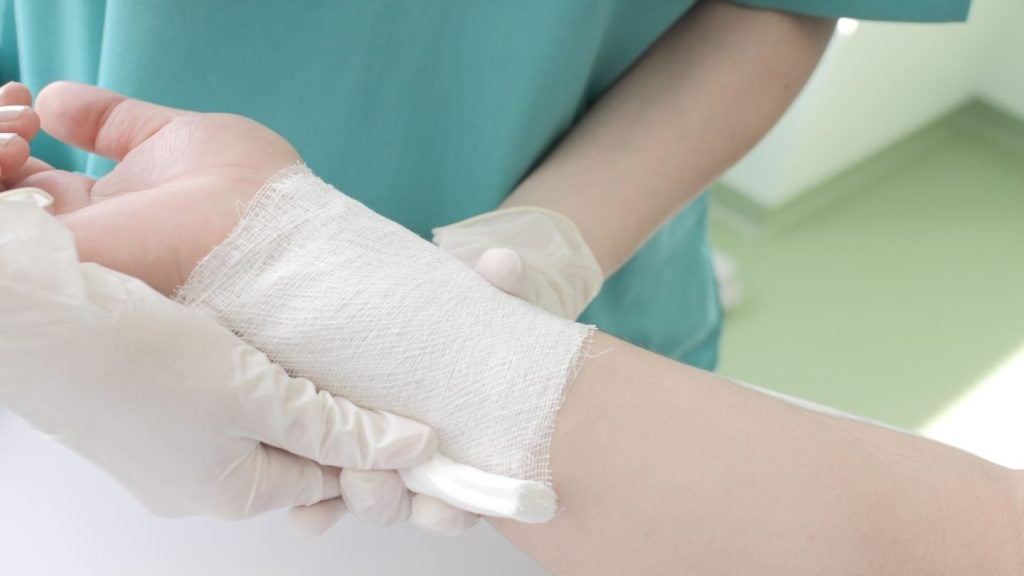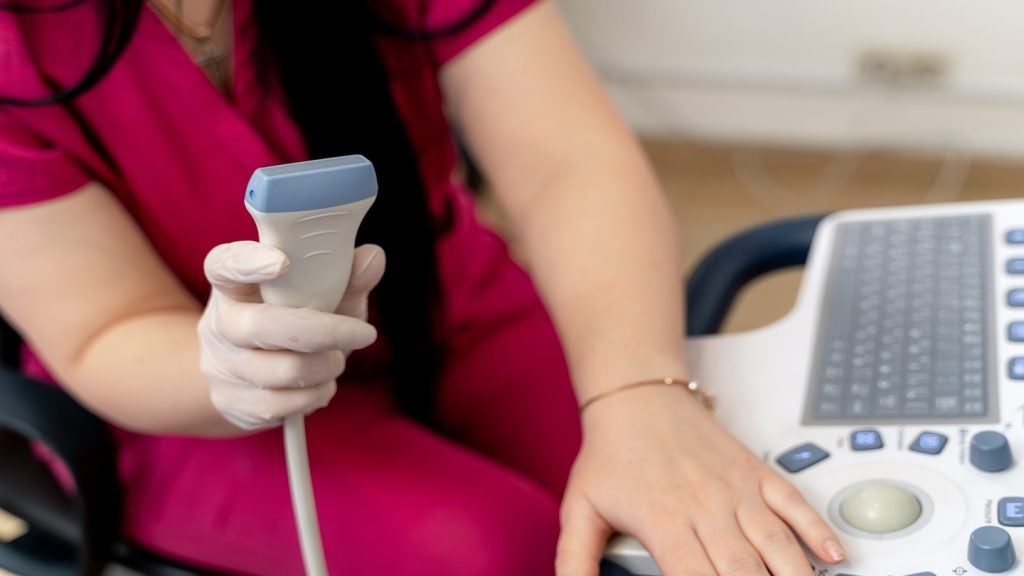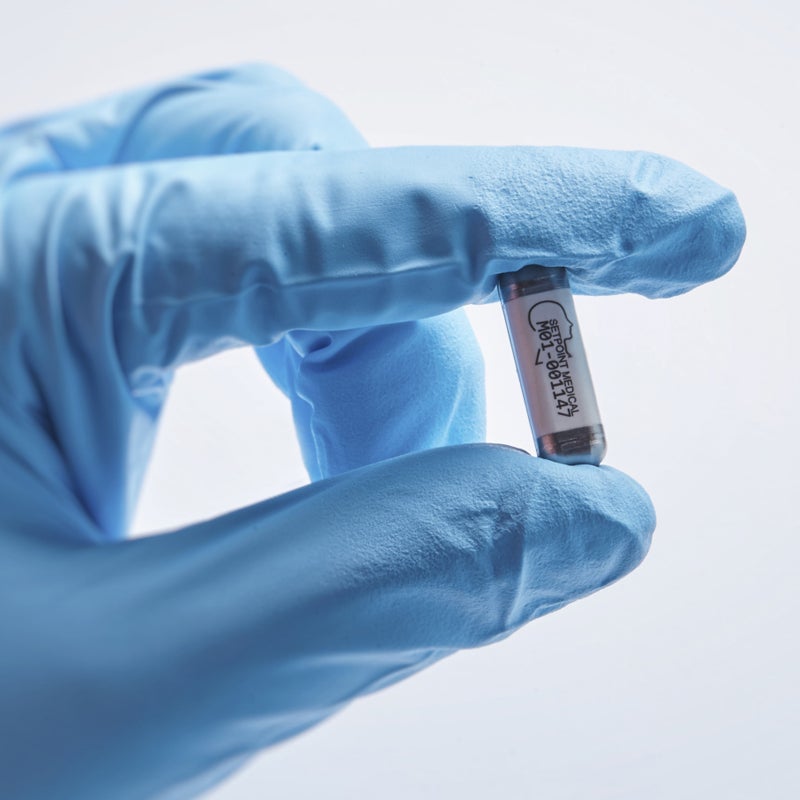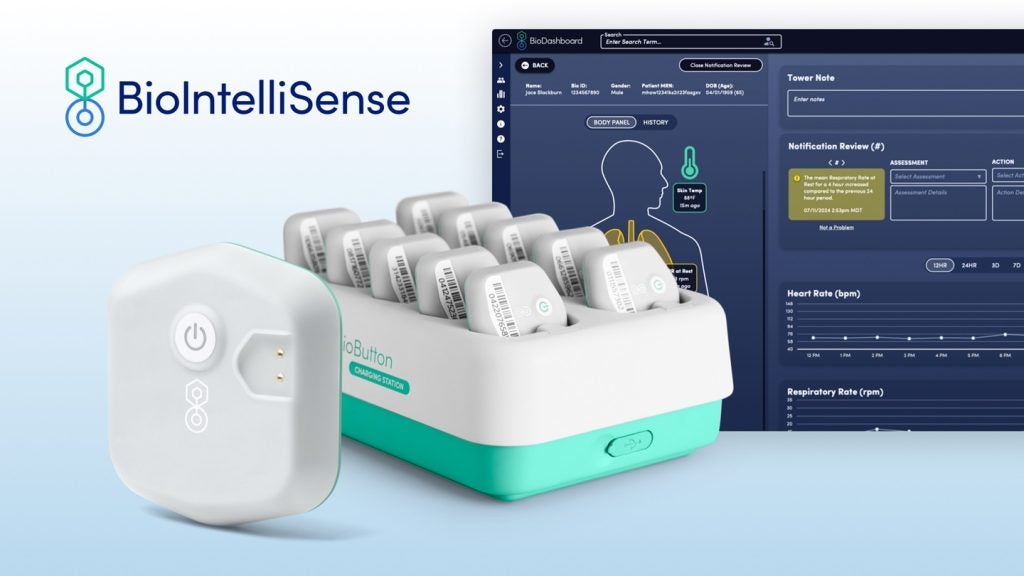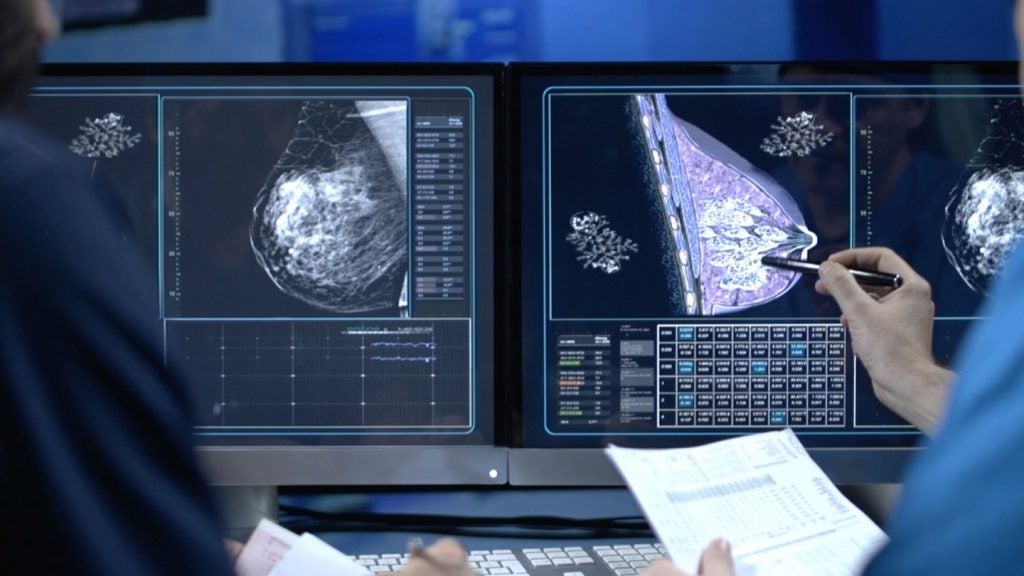Respiratory medical device firm Philips has been hit with yet another Class I recall by the US Food and Drug Administration (FDA) after it was found that the software in some of its ventilators was liable to show inaccurate readings, causing false power loss amid a host of other errors.
The Class I recall was issued by the FDA on 1 October against the company’s Trilogy Evo, Trilogy EV300, Trilogy Evo O2, Trilogy Evo Universal ventilator devices following reports from users that software versions older than version 1.05.10.00 are prone to a series of failures and inaccuracies.
In reporting the recall, the FDA said that beyond inaccurate readings and a liability to give a false loss in power, users had also reported that their devices were prone to false software alarms reporting obstructions or leakage, user interface issues and corrupted data when transferring to another machine.
Some of these defects had been previously reported in prior recalls, with the FDA urging users to swiftly update software across all Philips Respironics devices to prevent failure and impact on patients.
A spokesperson for the FDA said: “On March 19, 2024, Philips Respironics sent all affected customers an Urgent Medical Device Correction Notice. The letter notified customers to update to the latest version (1.05.06.00), which does not experience this issue. The software is available as a no‐charge download on MyP4P.”
The recall comes after more than a year of continuous recalls for Philips, especially across its Trilogy EVO line which was already subject to a previous class I recall in May of this year after it was found that the devices were able to simply shut down without warning. It also follows after another series of Class I recalls, stemming from its CPAP and sleep apnoea devices, revealed that the breathing tubes comprised of polyester-based polyurethane foam would break down allowing debris to free float through the system.
In April 2024, Philips was forced to settle a series of lawsuits over defects in its sleep apnoea when it paid out more than $1bn to claimants.




